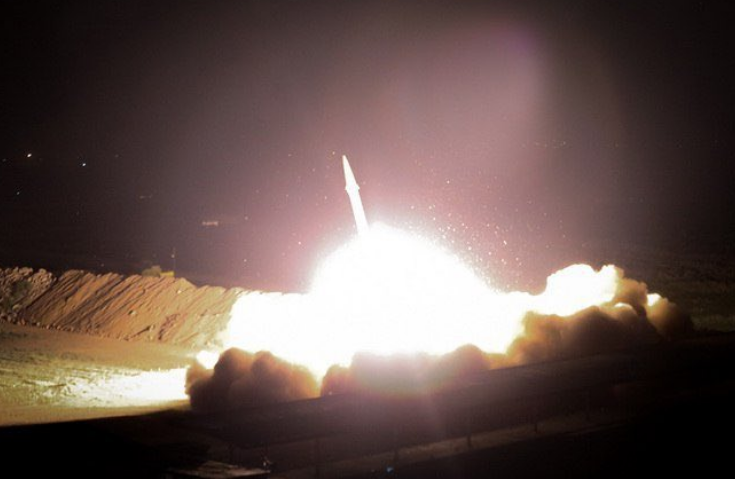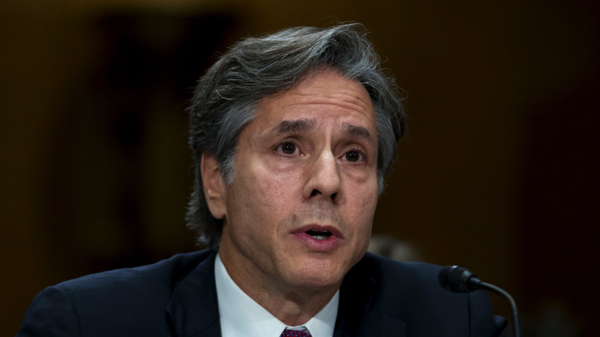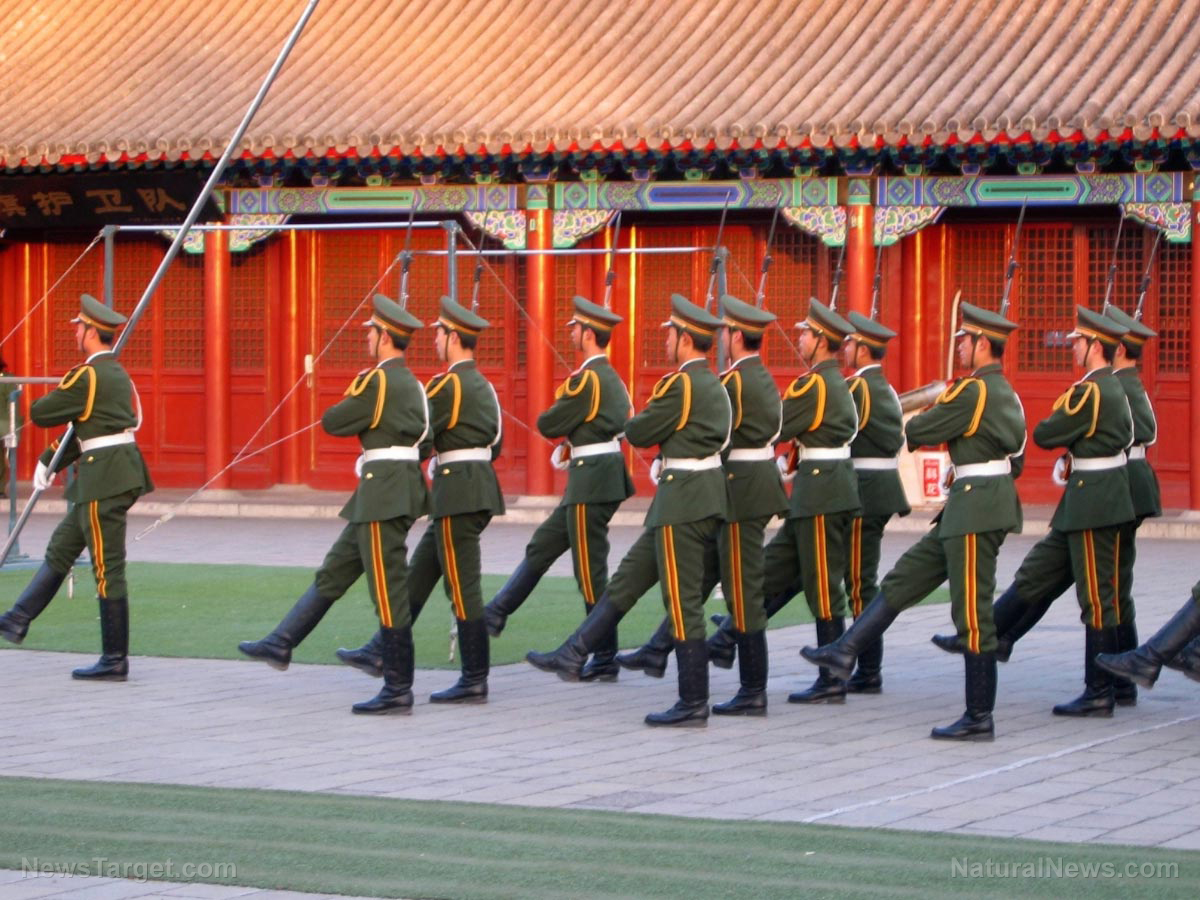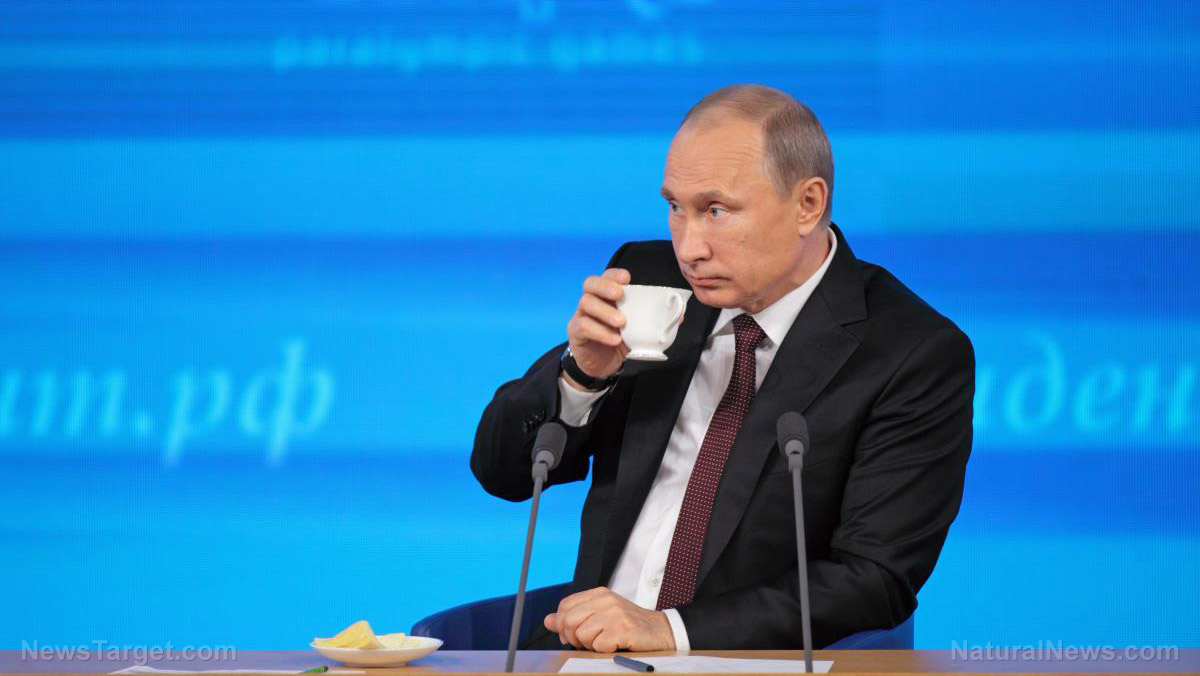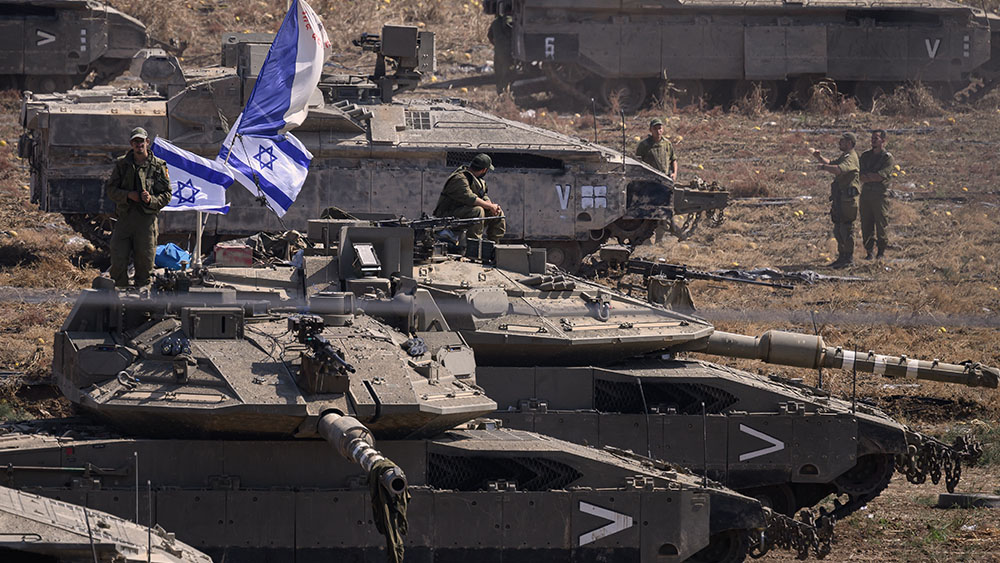Peaceful reunification no longer possible: North Korea to name South Korea as PRINCIPAL ENEMY in its constitution
01/23/2024 / By Zoey Sky
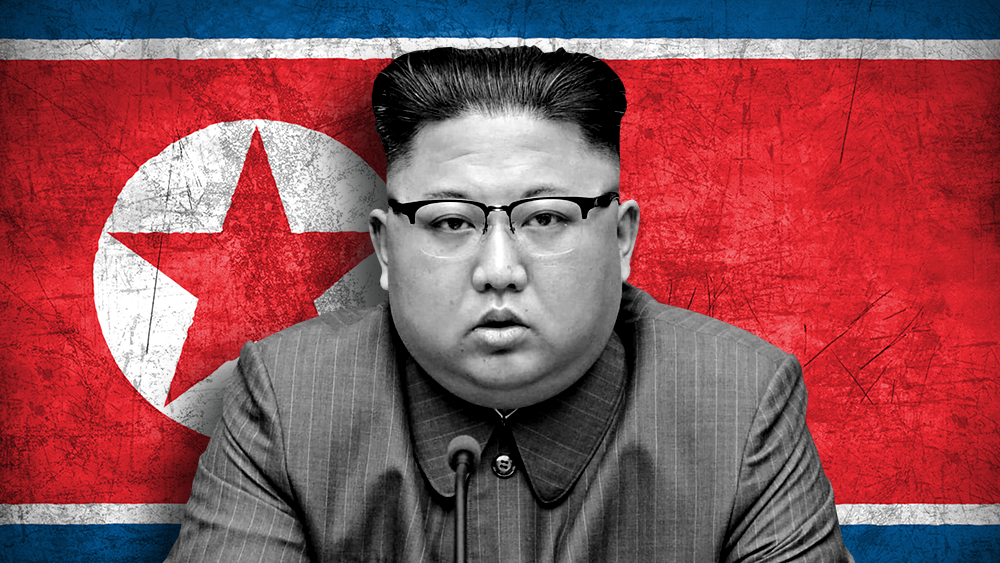
Kim Jong Un, North Korea’s 40-year-old supreme leader, announced that the country would rewrite its constitution to designate South Korea as its principal enemy.
The move heralds a new and dangerous chapter as the situation remains tense between the two neighboring countries. The rewritten constitution would end decades of North Korean doctrine, under Kim’s father and grandfather, that aimed to unify with the South through peaceful means.
Pyongyang’s policy change pushes inter-Korean ties into unfamiliar territory as militarization is fast-tracked throughout the region.
In 2023, North Korea tightened relations with Russia and supplied its war effort in Ukraine. According to the White House, North Korea has delivered more than 1,000 containers of military equipment and munitions to Russia for its war against Ukraine.
According to John Kirby, White House National Security Council spokesman, the U.S. thinks that Kim is eyeing sophisticated Russian weapons technologies in return for the munitions to reinforce North Korea’s military and nuclear program.
The White House released images that it claimed prove that the containers were loaded onto a Russian-flagged ship before being moved via train to southwestern Russia. The containers were shipped between Sept. 7 and Oct. 1 between Najin, North Korea, and Dunay, Russia.
The U.S. has previously accused North Korea of providing ammunition, artillery shells and rockets to Russia. However, North Korea has denied providing weaponry to Moscow.
North Korea is also working to revive trade with China. On the other hand, South Korea has expanded its military cooperation with the U.S. and Japan.
In his speech on Jan. 15, Kim announced that peaceful reunification is no longer possible. The leader also accused South Korea of planning the collapse of the North Korean regime.
The dictator ordered the abolishment of three government agencies working on inter-Korean affairs. He also vowed to destroy the Arch of Reunification, a sculptural arch that was built by his father Kim Jong Il.
Kim, the third-generation leader, warned that North Korea would remove all references to South Koreans as fellow countrymen or partners for reconciliation. Instead, North Korean law would reclassify South Korea as a foreign country, “a hostile state and one that constitutionally should be occupied, subjugated and reclaimed in the event of war.”
While North Korean rhetoric is often threatening, some Kim regime observers have suggested that this recent shift in tone goes beyond Pyongyang’s typical bluster. They warned that it signals a change after formal engagement with the U.S. broke down years ago.
Robert L. Carlin, a former U.S. negotiator with the North, and Siegfried S. Hecker, who has visited the North Korean nuclear facilities, wrote in 38 North, a website dedicated to news in North Korea, that if their suspicions are correct, then Jong Un has convinced himself that after decades of trying, there is no other way to engage the U.S., his recent words and actions “point toward the prospects of a military solution.”
Other experts have warned that this latest shift could be part of a familiar playbook for North Korea.
Jean H. Lee, a visiting fellow at the East-West Center, a think tank in Honolulu, explained that with the current political landscape, North Korea could be “looking for new and novel ways to ramp up tensions.” Calling South Korea its number one enemy is a tactic Kim may think could trigger “anxiety in the region and unease among South Koreans.”
Yoon Suk Yeol says peace will only be achieved through strength
For the last few decades, North Korea often alternated between engagement with left-leaning South Korean administrations and confrontation with conservative ones.
The current tensions fit that pattern and South Korean President Yoon Suk Yeol, a conservative, has claimed that he believes “peace can only be achieved through strength.”
At a cabinet meeting, in response to Kim’s remarks, Yoon warned that if North Korea provokes the South, “we will punish them multiple times as hard.”
However, Kim’s recent shift in rhetoric and policy would codify the regime’s threatening stance toward Seoul regardless of who is in office.
At an address to North Korea’s Supreme People’s Assembly, the country’s top lawmaking body, Kim claimed that the country does not want war, but it also has “no intention of avoiding it.”
“Explicitly speaking, we will never unilaterally unleash a war if the enemies do not provoke us,” added the dictator.
Gordon Flake, a Korea specialist at the Perth USAsia Centre in Australia, explained that settling on an aggressive approach with South Korea may have seemed unimaginable to North Korea not long ago. But the closer ties with both Russia and China could have given the Kim regime greater leeway to act more provocatively. (Related: Kim Jong Un: U.S., Japan and South Korea may team up to LAUNCH NUKES against North Korea this year.)
Flake added that Kim’s alleged desire to avoid conflict suggests that the South Korean policy change is mostly focused on defensive posturing. He added that this is a bullying tactic from the North, which is coming from “a position of insecurity” and that they’re going on the offensive to prevent the perception of weakness.
The possibility that the sudden change in North Korean rhetoric and doctrine could soon translate into action is still a main concern among U.S. and South Korean officials.
Inter-Korean clashes have occurred between the two Koreas in the past, particularly the shelling of a border island and the sinking of a South Korean naval ship in 2010.
Washington and Seoul, both with superior conventional forces, would quickly crush Pyongyang’s outdated military hardware in a war, according to security officials.
President Joe Biden and other South Korean officials have also cautioned that any North Korean nuclear attack on the U.S. or its allies would result in the fall of the Kim regime.
Aggression toward Seoul has been simmering
Pyongyang’s aggression toward Seoul isn’t new. In June 2020, the Kim regime attacked an inter-Korean liaison office operating in the border town of Kaesong.
Ties declined more after Yoon took office in May 2022, replacing a left-leaning predecessor, Moon Jae-in, who gave priority to engagement. After months, North Korea criticized Yoon’s proposal to revive inter-Korean ties as an “absurd dream.”
In November 2023, the two Koreas withdrew from an inter-Korean accord that was supposed to address hostilities, with both countries instead rearming soldiers along the Demilitarized Zone.
At an end-of-year plenary speech, Kim confessed that he had abandoned hope in South Korea as a partner for peace.
Meanwhile, the Yoon administration has tried to take a tough stance against the North. A defense white paper released in 2023 labeled North Korea as the enemy for the first time in six years.
Yoon has also chastised North Korea because of its weapons tests and accelerated the rollout of the country’s new missile defenses.
Factoring in a pact made between Yoon and Biden last year, U.S. nuclear assets in recent months have made port visits to South Korea. The U.S., Japan and South Korea have recently knitted together their missile-radar systems for the first time to fortify a defense against the looming North Korean threat.
Watch the video below showing Kim Jong Un inspecting fighter jet productions in Russia.
This video is from the Puretrauma357 channel on Brighteon.com.
More related stories:
North Korea’s Kim Jong Un deems South Korea Pyongyang’s ENEMY NO. 1.
Kim Jong-Un to NoKor military: ANNIHILATE South Korea and the U.S. if provoked.
Kim Jong-Un dismisses top general, calls for WAR PREPARATIONS.
Sources include:
Submit a correction >>
Tagged Under:
aggression, Arch of Reunification, big government, chaos, Collapse, conspiracy, dangerous, insanity, Kim Jong Il, Kim Jong-Un, Korean reunification, Korean War, military tech, national security, North Korea, panic, propaganda, South Korea, weapons technology, WWIII, Yoon Suk Yeol
This article may contain statements that reflect the opinion of the author
RECENT NEWS & ARTICLES
COPYRIGHT © 2017 WWIII NEWS

